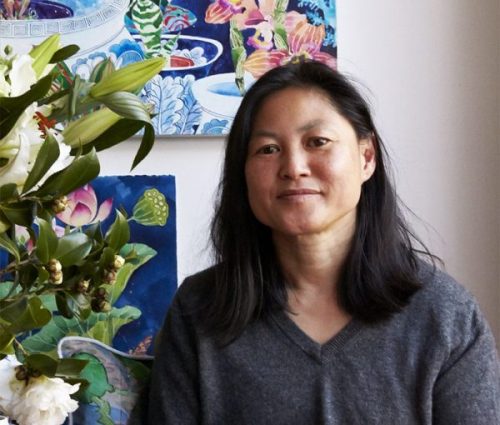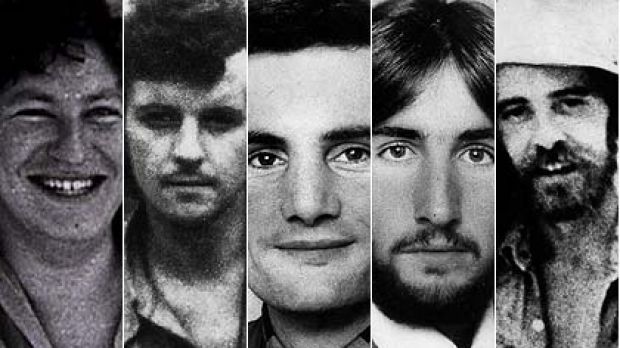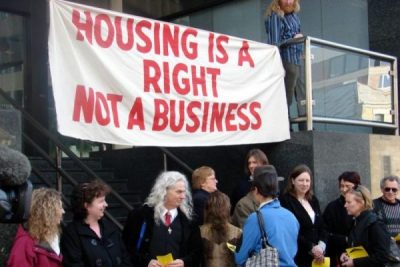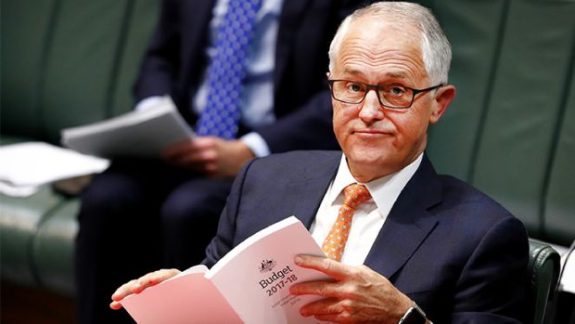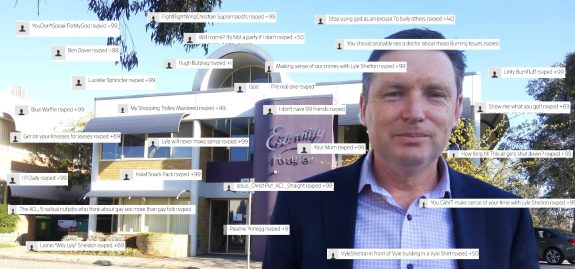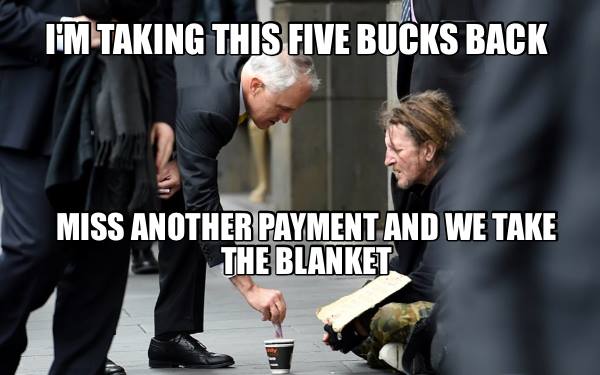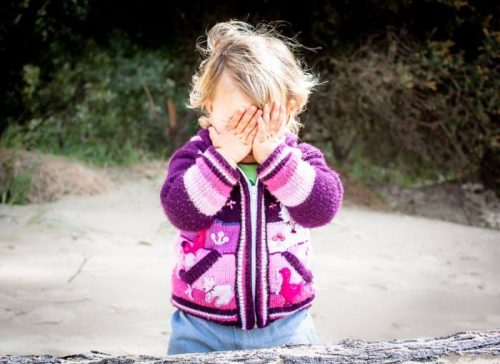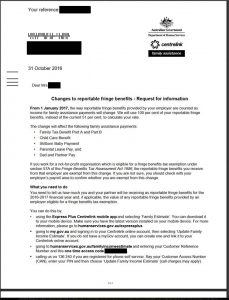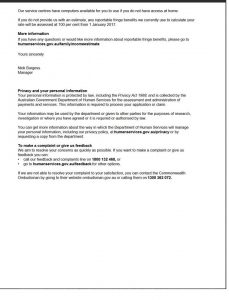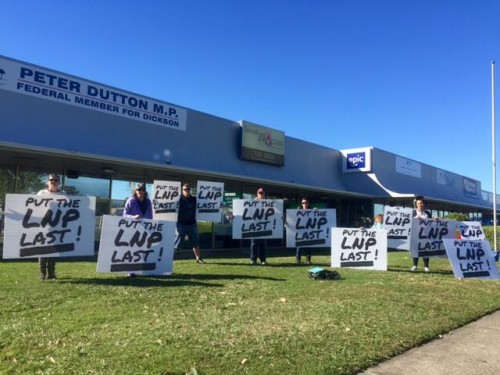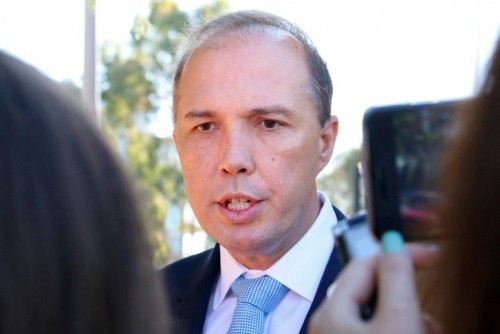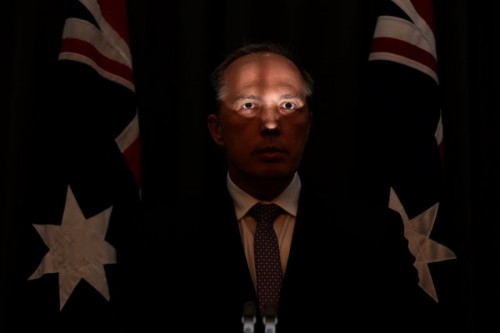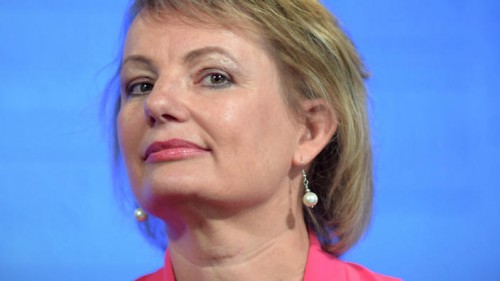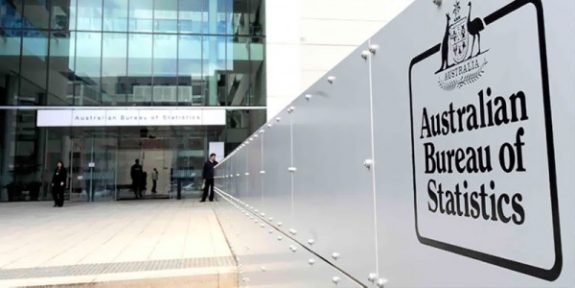Dual citizen politicians: what to do?
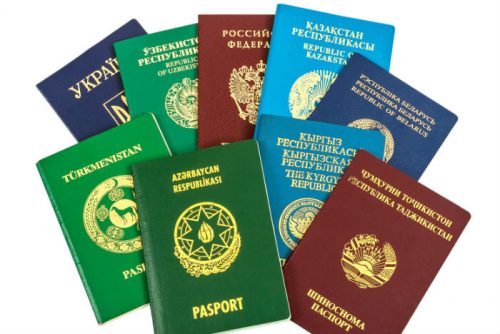
It is evident that section 44 of the Australian Constitution causes considerable angst to elected representatives in the Commonwealth Parliament. Section 44 sets out who is capable of being “chosen or of sitting as a senator or a member of the House of Representatives”. It describes this eligibility in the form of who is not allowed to be nominated or elected.
As a simplistic summary, this includes dual citizens, someone who has been convicted and under sentence or awaiting sentencing for certain offences, an undischarged bankrupt or insolvent, a person who holds any office of profit under the Crown, or a person with any direct or indirect pecuniary interest in any agreement with the Public Service of the Commonwealth.
Before the dual citizenship “conspiracy” swept through Parliament, section 44 was already in the spotlight. It is not the first time this year that Senators have fallen foul of the provision.
In February, the High Court ruled that One Nation Senator Rob Culleton’s election was invalid due to “a conviction at the time of the election” even though that conviction was later annulled. Mr Culleton was also found by the Federal Court to be an “undischarged bankrupt”, another ground for disqualification if the first hadn’t sufficed.
In April, the High Court ruled that Family First Senator Bob Day was invalidly elected because of leasing arrangements for his South Australian electorate office.
Labor has also referred National MP David Gillespie to the High Court due to a potential “direct or indirect pecuniary interest” for his ownership of a suburban shopping complex in Port Macquarie, which houses an Australia Post outlet, a government-owned corporation. This case still awaits judgment.
Yet it wasn’t Day and Culleton’s downfalls which led to cries of “conspiracy” and a backlash against section 44. Nor was it Labor’s attempt to destabilise the Government by referring David Gillespie to the High Court.
No. It is the dual citizenship provision, section 44(i), which has raised the ire of commentators.
And only after an embarrassing display of ignorance and some fancy excuses saw the resignation of Greens Senators, Scott Ludlam, and Larissa Waters, the High Court referrals of National’s Senator Matt “My Mum Did It” Canavan, followed by One Nation Senator Malcolm Roberts, (who claims to have never been British, Indian, or a “chucker”, but possibly a Sovereign Citizen), and the latest, Deputy Prime Minister and New Zealand’s proudest Australian, Barnaby Joyce.
This political game of Dual Citizenship Dominos has come as a shock to many. But it shouldn’t.
It’s not like the Constitution has been around since 1900.
It’s not like the constitutional issue of dual citizenship has already been raised this year in an attempt to see Bob Day’s potential replacement, Lucy Gichuhi, ruled ineligible to sit due to her former Kenyan citizenship.
It’s not like Liberal backbencher Tony Abbott has been pursued mercilessly over his alleged dual citizenship with Great Britain for years.
It is also not like the Government has debated at great length about dual citizens, in the context of how the Minister may arbitrarily cancel a dual citizen’s Australian citizenship if that person offends the Minister so.
What seems to have caused the display of incredulation and dismay, and the sudden realization of the ramifications of section 44, is that it has caught up some popular, totes ‘Stayan mate, politicians.
The questions around the appropriateness of section 44 have come about because “ordinary” Aussie’s in the Senate and House of Reps were caught unawares over their dual citizenship.
Given the identities of those caught out by section 44(i), it is unsurprising the renewed interest in revision.
However, it is precisely because of the identities of the Unfortunate Five, that any call for a change should be heavily scrutinised.
For example, imagine if Ludlam, Waters, Canavan, Roberts and Joyce, instead of being New Zealanders, Canadians, potential Brits or Italians, were from the Middle East, former Soviet Union or Asia …
Would public commentators be demanding the Constitution be changed, or would they be calling for the respective parliamentarians to be jailed and/or deported?
This raises a further question.
If section 44(i) is changed to allow dual citizens, what criteria should be in place to decide which dual nationalities are acceptable, and which are not? How would real or perceived conflicts of interest, which may impact on the integrity of parliament, be addressed and mitigated?
Should a dual national be ineligible if they are a citizen of a country subject to an Australian sanction regime (either in conjunction with UNSC or autonomously)? Imagine if a Syrian dual national was nominated. What about North Korean?
Do we say parliamentarians can be dual citizens provided we are not in direct conflict with the foreign nation? How serious does that conflict need to be? JBish has caused a serious diplomatic incident with Australia’s closest neighbour in her desperation to blame Labor for Kiwi Joyce’s dual status.
What about historical alliances? How far back do you go? The Allies? That may well rule out half of Europe, but the Soviet Union is in. So maybe the Western Bloc? Will Australia need to choose sides when Brexit negotiations get ugly (even though it has nothing to do with our nation)? Will that mean British dual citizens are ace, but European dual citizens are out?
What about current alliances? That could change any minute and result in bi-elections every 6 months, given the precarious nature of Donald Trump’s Rule By Twitter, and Turnbull’s tendency to lavishly lick Trump’s butthole when it comes to backing him up.
Or perhaps we could exclude any person who has ever worked for a foreign government or served in foreign forces or is obliged to serve in a foreign force? So that rules out any country with mandatory national service and there are a few of those.
Given the identities of those parliamentarians currently caught up in the scandal (bar Canavan), perhaps what those calling for an amendment to section 44 mean is that dual citizenship is fine as long as it’s with Mother England and any of her former colonies. Because it’s not like Australia deliberately enacted the Australia Act 1986 to override the notion of Britain being so Great it encompassed Australia as well.
Perhaps a simple requirement is that as long as English is the first language … No wait. That is just a little bit too obviously White Australia Policy and excludes Indigenous Australians too.
So maybe the nominee will be required to speak the level of English the Government has proposed for Australian citizenship, making other allegiances moot? But that knocks out the Irish based on the current test, anyone without a university degree (from a Western University), and probably a few that do.
What a conundrum. Just how should the newly revised Constitution determine who is eligible to be chosen or sit?
Perhaps there is a simple solution. Leave the Constitution how it is, and tough to those politicians who “can’t manage basic admin”.
An aspiring politician is obliged to confirm they are not “under any acknowledgment of allegiance, obedience, or adherence to a foreign power,” or “a subject or a citizen or entitled to the rights or privileges of a subject or a citizen of a foreign power”, when they nominate with the AEC. They must take the time to conduct due diligence checks on their own lineage, and where applicable renounce their foreign citizenship or decline to nominate.
It is a whole lot easier for potential representatives to check their place of birth, their parents’ nationality and place of birth (and in some cases, grandparents), than to decide which dual nationality is acceptable.
But maybe that is still just a tiny bit too complex. Just ask the 5 so far and counting.









